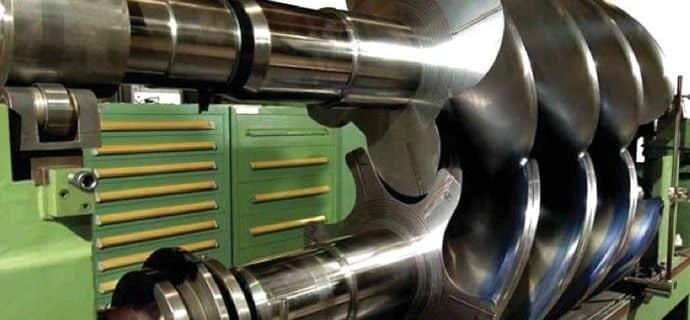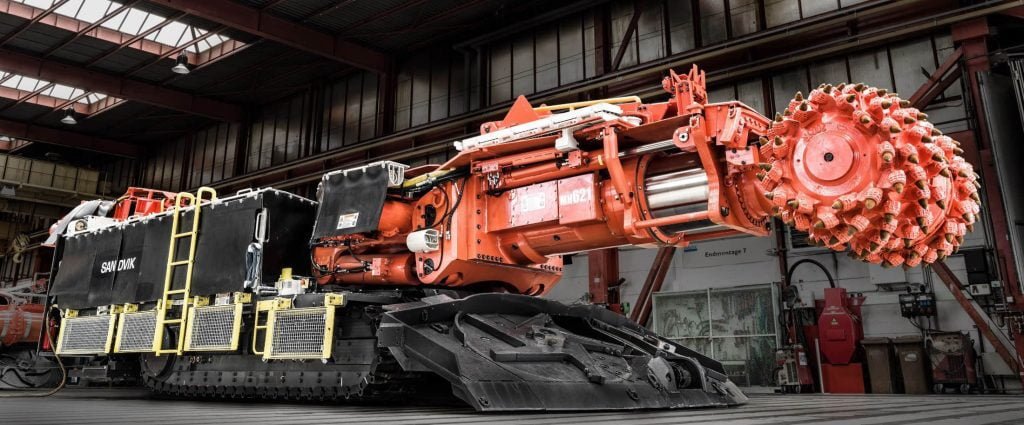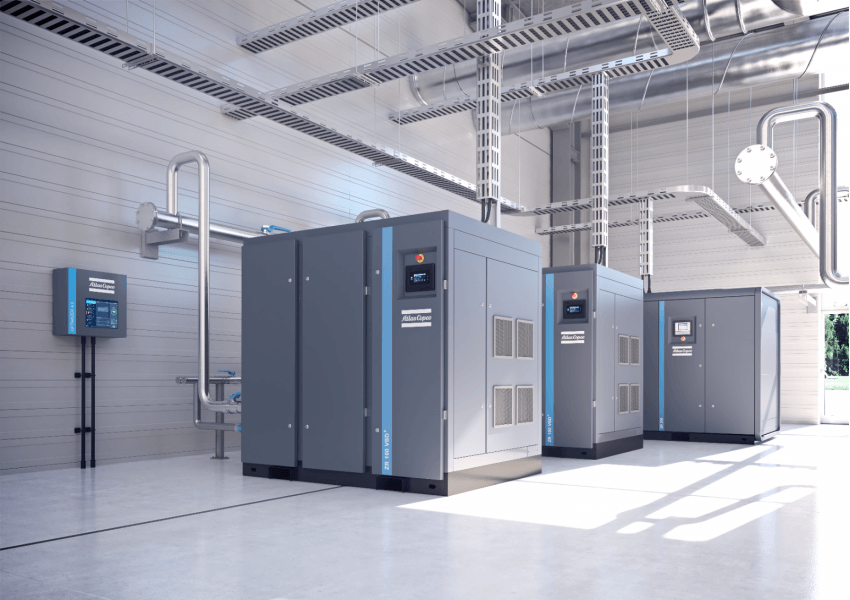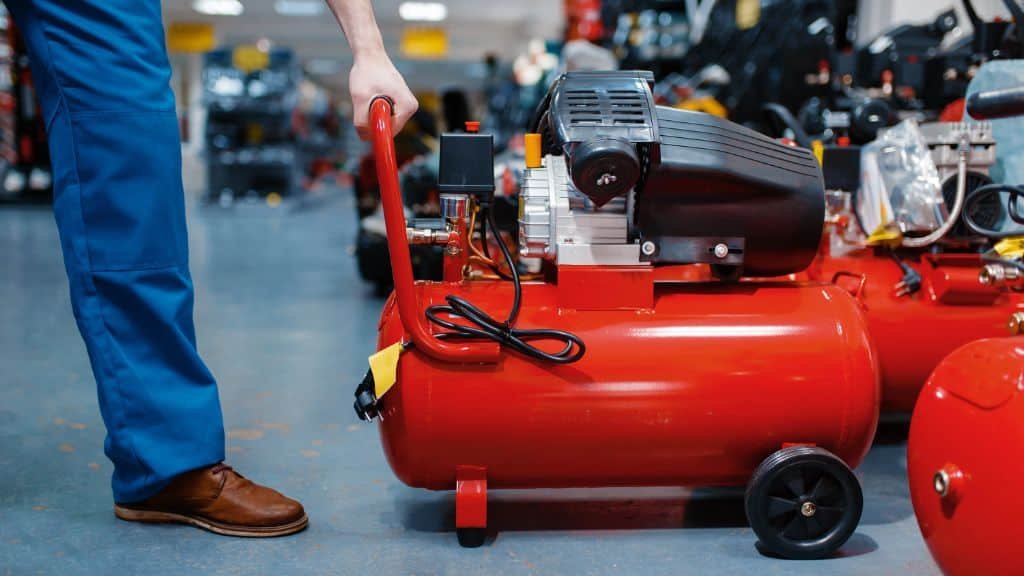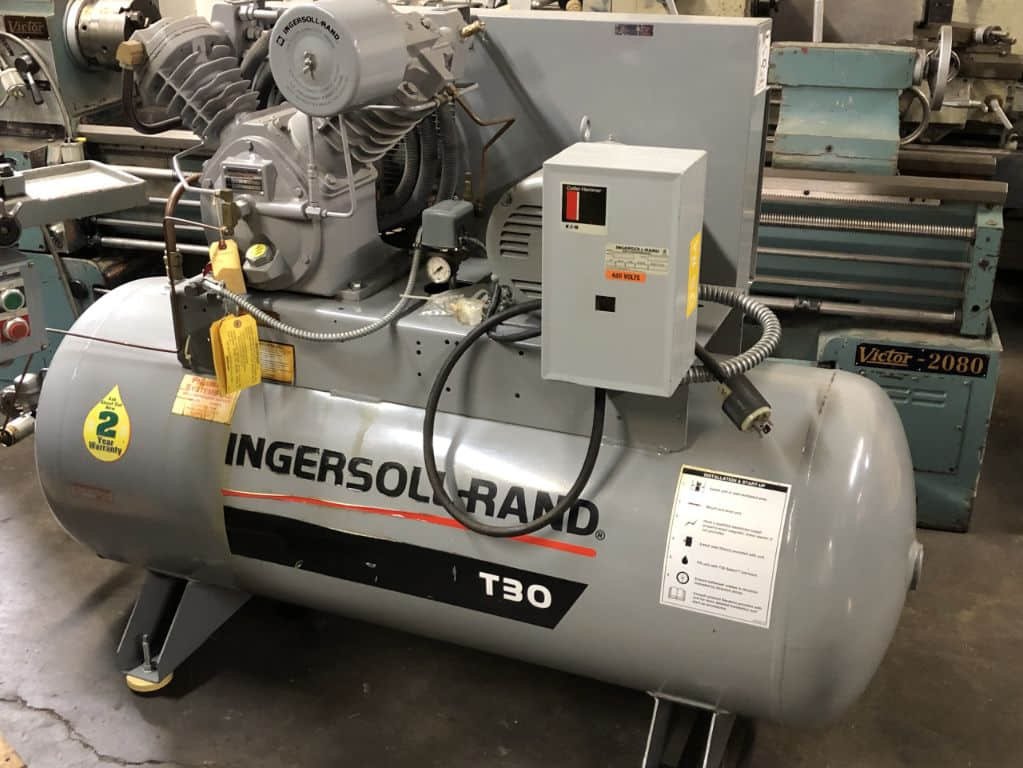The locomotive industry has seen significant advancements over the years, but some tools remain largely unchanged. One such tool is the air brake, which has evolved from steam-powered to reciprocating compressors. However, the industry is now shifting towards the use of rotary screw compressors due to their efficiency and numerous advantages.
Advantages of Rotary Screw Compressors
Rotary screw compressors offer several benefits over reciprocating air compressors:
- Less complex maintenance
- Minimum oil carryover
- Functionality in harsh environments
- Less oil consumption
- Minimum heat generation
- Built with shockless compression technology
- Quieter operation
- Lightweight and compact
- No reduction in capacity over time
How Rotary Screw Compressors Work
In a rotary screw compressor, two mated screws spin at a high speed, lubricated by an oil-injection seal. As the screws rotate, air is ingested through an inlet filter and travels into a compression chamber where it is compressed by the screw element. The oil separator then separates the oil from the compressed air. Once this process is complete, the compressed air passes through an aftercooler and is delivered to the locomotive brake system or any other machine using the compressor.
Conclusion
The shift towards rotary screw compressors in the locomotive industry is driven by their numerous advantages and efficient performance. Understanding how these compressors work can help in making informed decisions when purchasing one for industrial use.
FAQs
Q1: What are the advantages of rotary screw compressors over reciprocating air compressors?
A: Rotary screw compressors offer less complex maintenance, minimum oil carryover, functionality in harsh environments, less oil consumption, minimum heat generation, quieter operation, and no reduction in capacity over time.
Q2: How does a rotary screw compressor work?
A: In a rotary screw compressor, two mated screws spin at a high speed, compressing the air in the compression chamber. The oil separator then separates the oil from the compressed air, which is then delivered to the locomotive brake system or any other machine using the compressor.
Q3: Why are rotary screw compressors used in the locomotive industry?
A: Rotary screw compressors are used in the locomotive industry due to their efficiency and numerous advantages, including less complex maintenance, functionality in harsh environments, and quieter operation.
Q4: What is the role of the oil separator in a rotary screw compressor?
A: The oil separator in a rotary screw compressor is responsible for separating the oil from the compressed air. Once this process is complete, the compressed air is delivered to the locomotive brake system or any other machine using the compressor.
Q5: Are rotary screw compressors more efficient than reciprocating air compressors?
A: Yes, rotary screw compressors are generally more efficient than reciprocating air compressors. They have less complex maintenance, function well in harsh environments, consume less oil, and generate minimal heat. They also operate more quietly and do not reduce in capacity over time.
